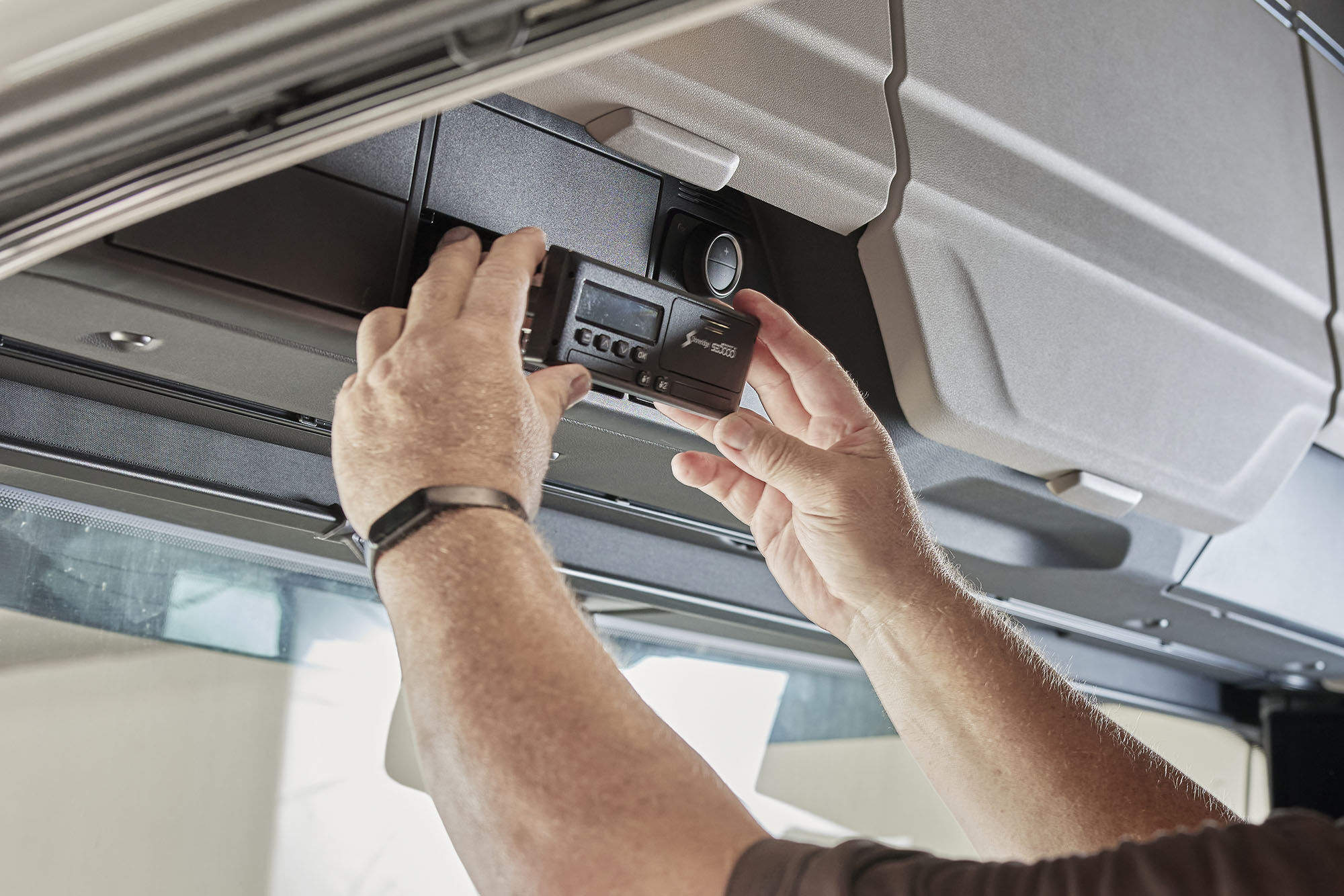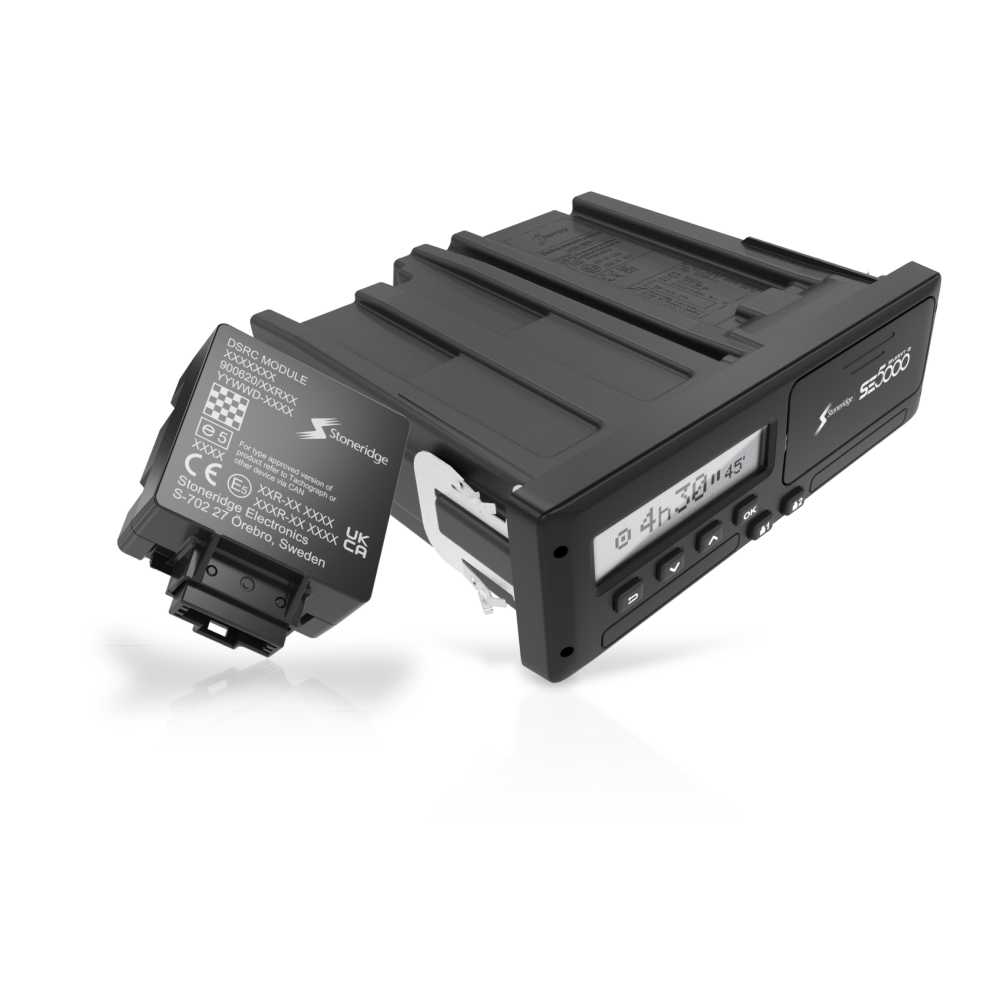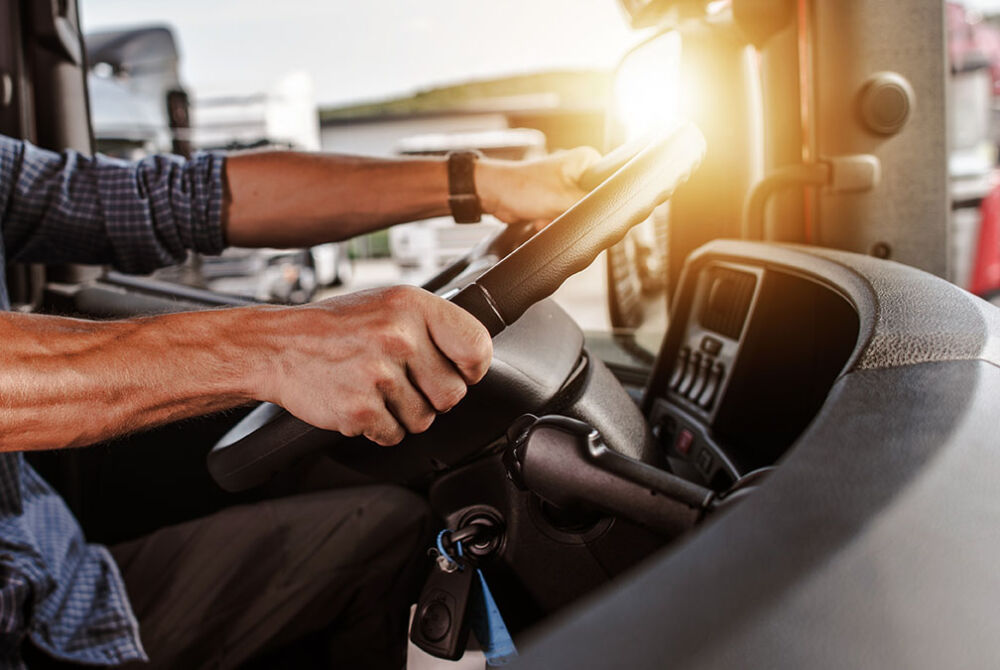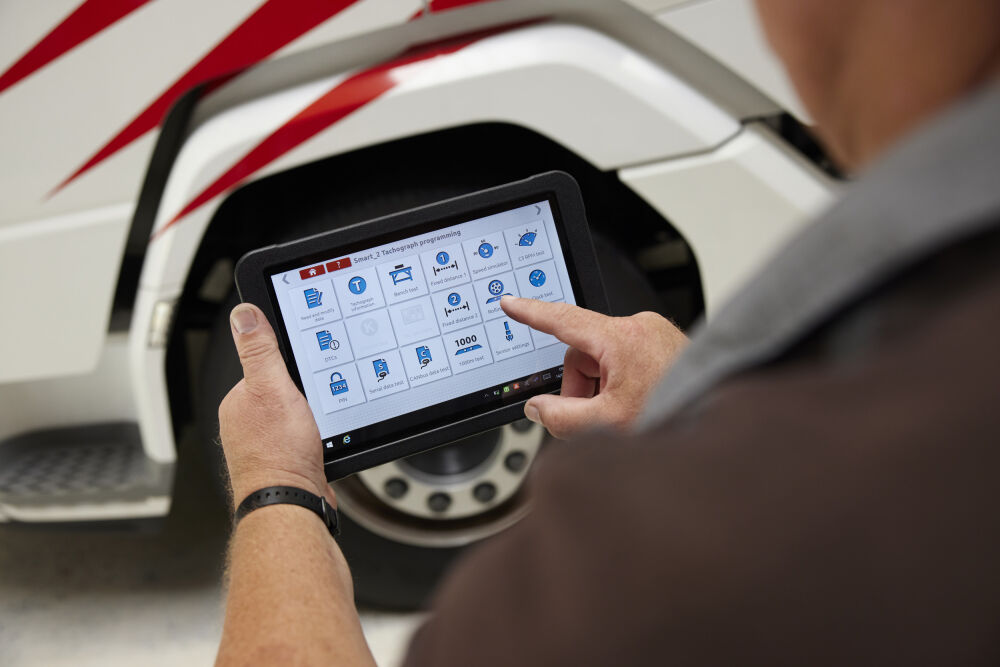Back to overview
If you're a driver or fleet manager, understanding tachograph calibration is essential. Not only does it ensure compliance with EU regulations, but it also helps maintain accurate records of driving and rest times. We’ll cover everything you need to know about tachograph calibration, from the rules to the different processes for tachographs.

What is tachograph calibration?
Let’s start with the basics. Tachograph calibration ensures that the tachograph system in your truck (and other vehicles) records accurate data. Such as driving time, rest periods, and your speed. Accurate calibration ensures the tachograph meets EU standards, providing authorities with reliable data for inspections and maintaining fair competition in the transport sector. Regular calibration is necessary to comply with legal requirements and avoid costly penalties.
During calibration, your tachograph is checked and verified on:
- The vehicle's odometer and speed sensors
- The proper functioning of the tachograph.
- The accuracy of recorded data against set standards.

Tachograph calibration rules
The calibration of tachographs is a specialized process that must be performed by certified professionals in an approved workshop or calibration center. During the calibration, a thorough examination of the tachograph’s components is carried out, including its sensors, wiring, and overall functionality. Accuracy testing is conducted to ensure the tachograph records data related to the vehicle's speed, driver activity, and rest periods with precision. If necessary, the tachograph’s software is updated to align with the latest regulations and performance standards.
After the calibration process, a certificate is issued confirming that the tachograph is in full compliance with the relevant technical standards and regulations.
How often must a tachograph be checked?
- Every two years
- Immediately after a significant repair or modification
- If the vehicle's parameters, such as wheel size, change


Legal requirements and consequences of non-compliance
Tachograph calibration ensures:
- Accurate tracking of driving and rest times to reduce driver fatigue
- Compliance with safety standards to prevent road accidents
- Adherence to fair competition laws within the transport industry.
As fleet manager, you must ensure all of your trucks and vehicles are calibrated on time to stay compliant and avoid expensive penalties.
Failing to calibrate tachographs can result in severe consequences
- Fines and Penalties: Drivers and fleet managers can face significant fines for non-compliance.
- Operational Delays: In severe cases, failure to calibrate tachographs can lead to the suspension or revocation of a company’s transport license, leading to disruption of business operations.
- Legal Risks: Inaccurate tachograph data can lead to violations of driving time regulations, which could result in legal challenges, including civil or criminal liabilities in the event of an accident or other safety incidents.
